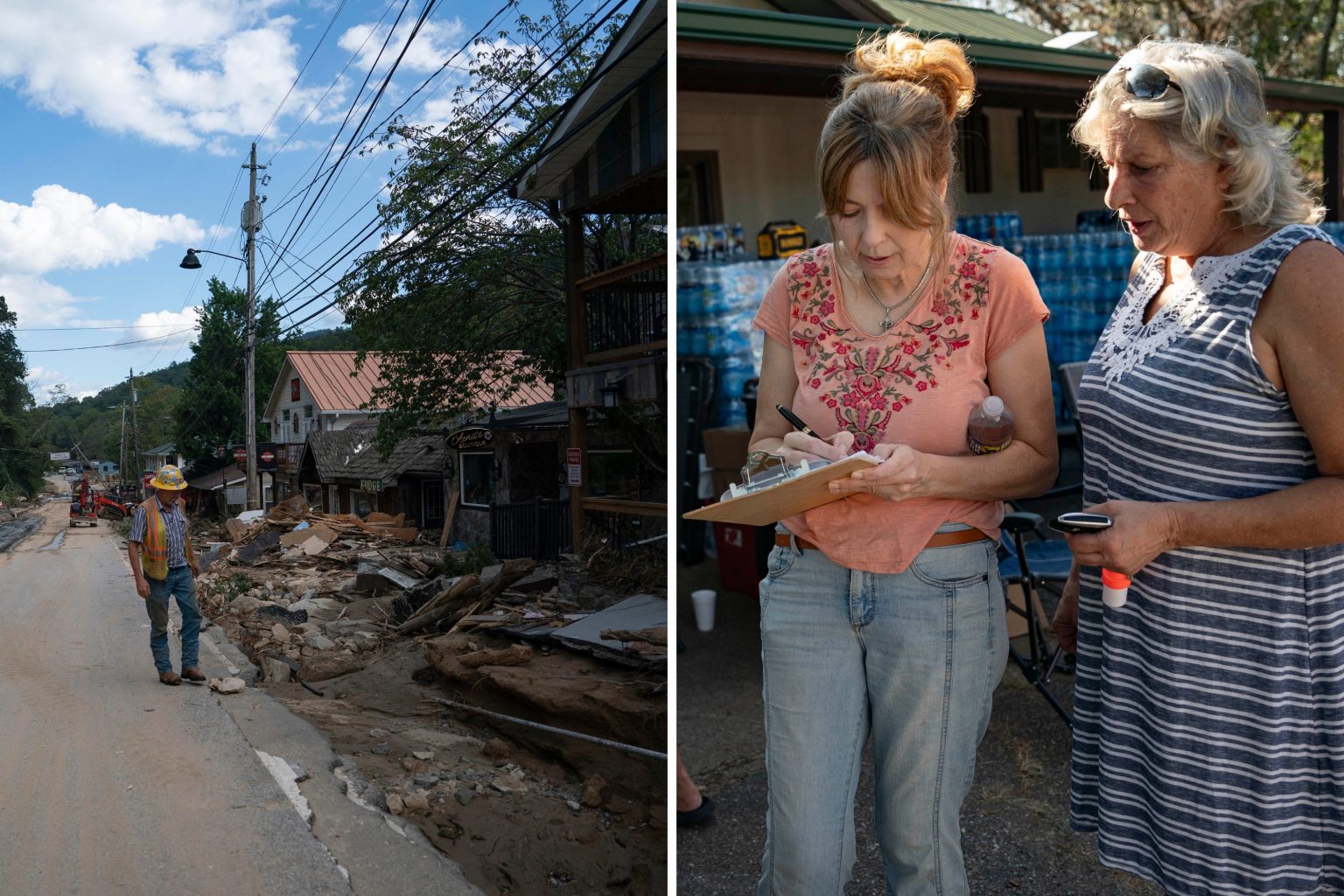Homeland Security Secretary Alejandro Mayorkas recently announced that FEMA is dealing with a funding shortfall that is preventing it from adequately supporting communities impacted by Hurricane Helene, which has claimed over 160 lives. The $640 million in FEMA funding currently being used to assist migrants has come under fire from Republicans, who argue that these funds should be redirected to hurricane-affected areas to prioritize American citizens. FEMA’s Shelter and Services Program (SSP) allocated $640 million in the 2024 fiscal year to provide humanitarian services to non-U.S. citizens but remains a small share of FEMA’s overall budget. However, it is unclear if SSP funding can be repurposed for other disaster relief efforts.
FEMA’s Disaster Relief Fund (DRF) for the fiscal year 2025 included $22.7 billion, primarily covering costs for previously declared disasters. However, potential future events are not accounted for due to their unpredictability. Hurricane Helene exacerbated the DRF’s $2 billion deficit, leaving Congress scrambling to secure additional funds. The recent budget resolution failed to provide extra funding for the DRF, prompting concerns from lawmakers who were not consulted on this decision. Despite a temporary injection of $20 billion for FEMA, this funding is not solely dedicated to current disasters but also intended to assist communities impacted by previous flooding and fires throughout the year.
President Joe Biden has pledged to cover 100 percent of recovery costs for the most affected states – Florida, Georgia, and North Carolina – for the initial 180 days following Hurricane Helene. FEMA is also offering shelter options, such as hotels or hostels, to individuals facing displacement in North Carolina. The agency remains vigilant in monitoring hurricane season and ensuring adequate funding for immediate response and recovery efforts.
Critics have raised concerns over FEMA’s mounting challenges, including an expanding mission scope and workforce shortages, without receiving additional resources to meet these demands. The agency is expected to do more with limited tools and funding, potentially hindering its ability to effectively respond to disasters. Although FEMA Administrator Deanne Criswell has authority to spend against the President’s budget, proper monitoring of funding is crucial as hurricane season progresses. The Bipartisan Policy Center’s Task Force on Disaster Response Reform highlights the importance of providing FEMA with necessary resources to fulfill its evolving responsibilities and meet the public’s expectations.
Political debates surrounding FEMA funding allocation have intensified as the agency grapples with budget constraints and increased disaster response demands. The prioritization of funds towards assisting migrants has drawn criticism from Republicans who advocate for redirecting resources to support hurricane-affected communities. FEMA’s challenges in balancing humanitarian services for migrants with disaster relief efforts underscore the agency’s complex funding dynamics and the need for strategic resource allocation. As FEMA navigates these financial obstacles, it must continue to adapt and respond effectively to evolving disaster scenarios, ensuring that critical resources are available for all those in need during times of crisis.








